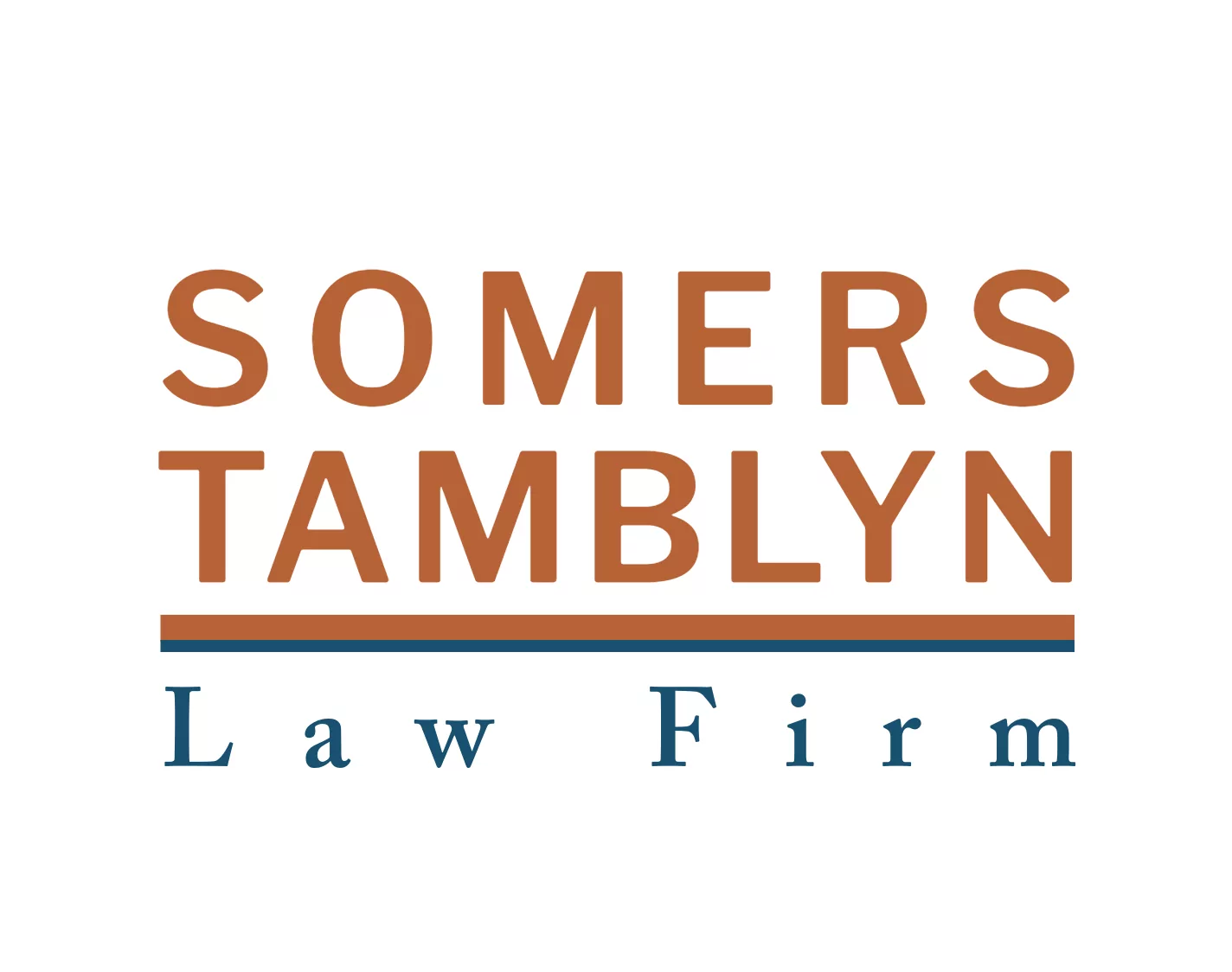Probate and Trust Administration

The death of a loved one is very emotional, yet at the same time families often have many legal and financial questions and concerns. Accessing funds and transferring assets after a person dies can be challenging and may require a court proceeding called a probate. Probate is an administration of the estate of a deceased person started in court to ensure that the deceased person’s property is distributed according to the terms of their Will or by a statutory scheme if there is no Will (intestate administration).
The Washington State probate process is generally less complicated and less expensive than it is in other states because our state has minimized the amount of involvement courts have.
In this area of practice, when a loved one dies our firm can:
- Advise you on where to begin and whether a probate is needed
- Prepare the necessary court documents if probate is required
- Explore options to access assets without going through the probate process
- Assist you in the transfer of assets to trusts that may be included in the Will and advise the trustee on how to administer the trust
- Advise you as to any taxes that may need to be paid or any required tax reporting
Sometimes probate is not necessary because the decedent owned all of their assets in a living trust (sometimes also called a revocable trust or a revocable living trust). Even though probate may be avoided, legal and financial matters may still need to be addressed to assure that the decedent’s express wishes are carried out. If you have been appointed to serve as a trustee of a trust it is important to get legal advice on how to comply with your obligations. The attorneys at Somers Tamblyn PLLC regularly advise trustees on their duties and responsibilities in administering a trust upon the death of a loved one.
Our estate planning attorneys also review with clients the advisability of planning options to avoid the need for a probate at death, including a revocable trust, transfer on death deeds, payable on death accounts, beneficiary designations, and community property agreements.
Our goal is to take to burden off of you during the difficult time after a loved one dies and to guide you through the estate administration process efficiently and with sensitivity.


